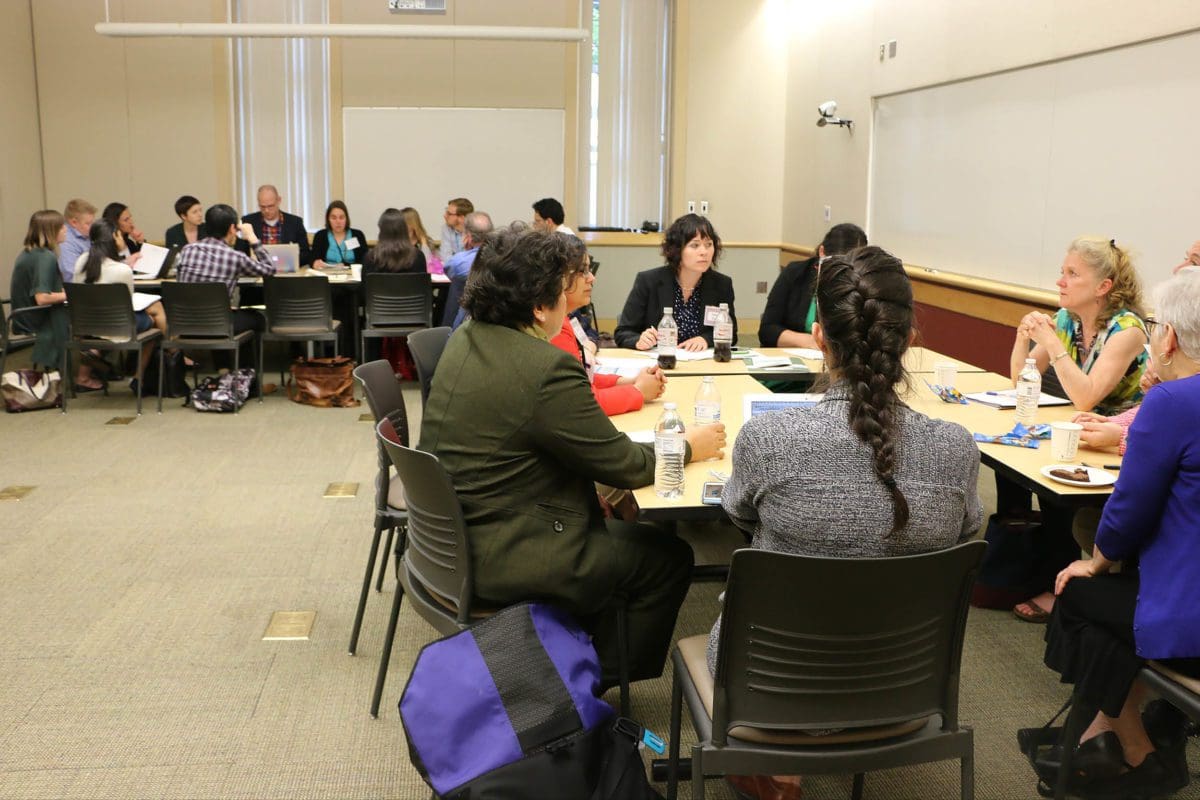Due to limited progress, health equity has been called the forgotten aim of the Institute of Medicine’s influential report on the new healthcare system of the 21st century.
Achieving health equity for all patients requires intervention at many levels. This work focuses on injury prevention, violence prevention and intervention, improving communication, care transitions, community capacity building, and culturally relevant engagement for our most vulnerable patient populations who experience disproportionate rates of injury and multiple socioeconomic barriers to health and recovery after injury.
iHeal is the first program of its kind to leverage existing partnerships and build new coalitions to create the national agenda for health equity and expand our work toward measurable, large-scale, and sustained impact. The program has also been integral to shaping HIPRC’s center-wide focus on health equity.
We are committed to creating a respectful workspace together as we seek to identify and correct structural biases that perpetuate inequities in health and well-being. We aim to dismantle biases based on age, disability, ethnicity, indigenous group membership, gender identity, linguistic differences, national origin, race, religion, sexual orientation, and social class.





